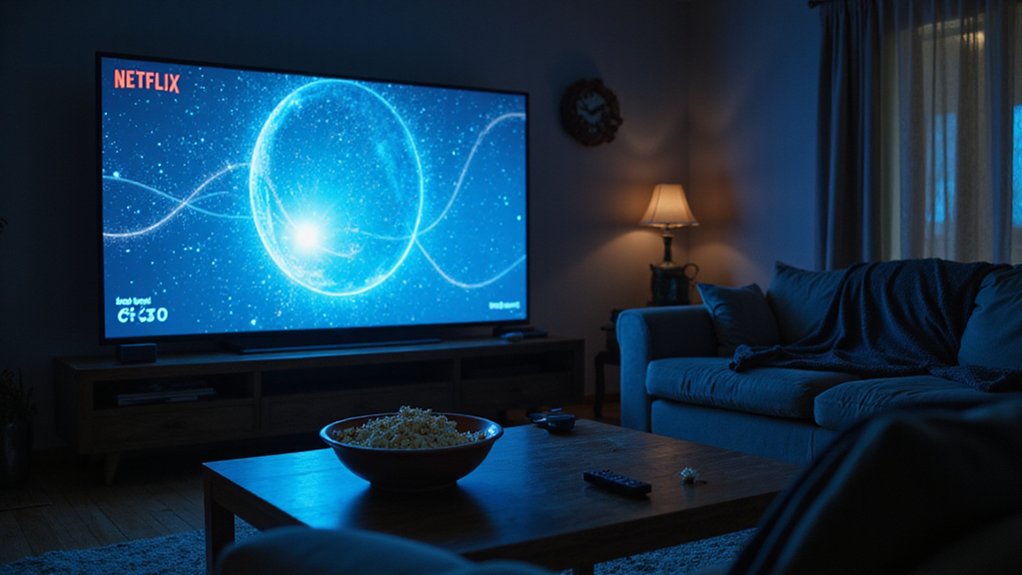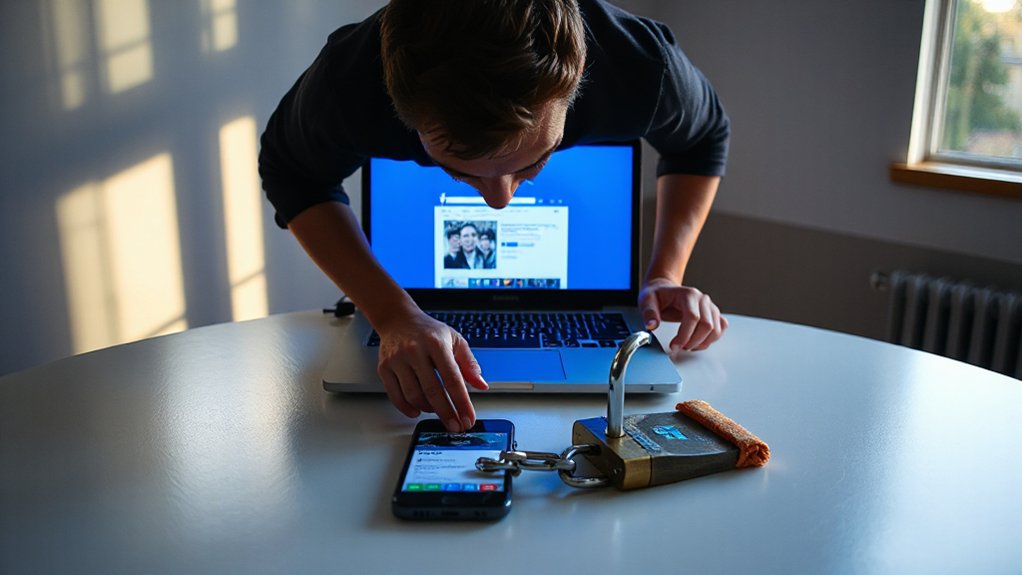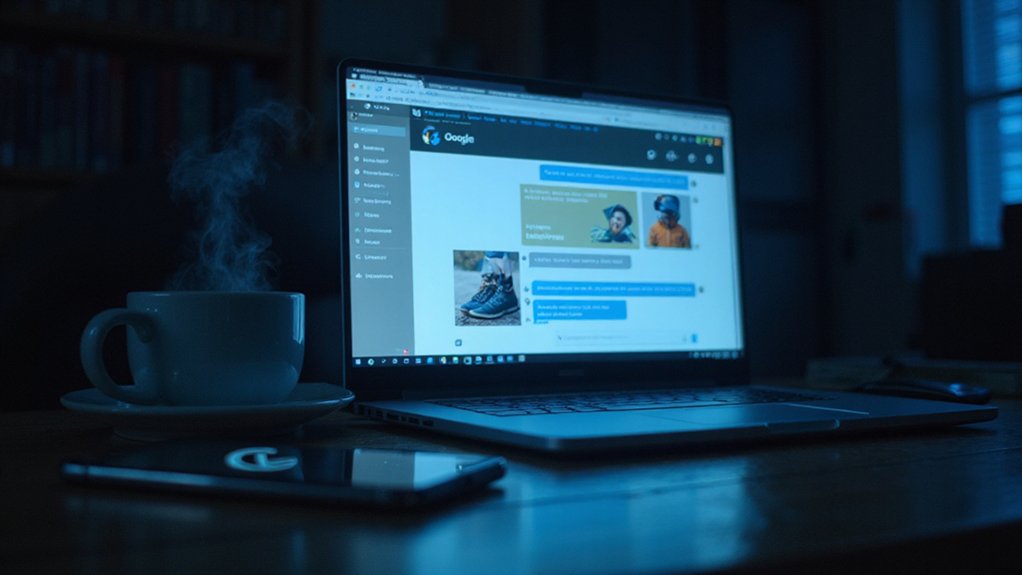A major gaming company just got caught red-handed using fake AI influencers to hawk their products on TikTok, and the whole thing blew up in their faces spectacularly. The company thought they were being clever, creating hyper-realistic digital personalities that looked and sounded like actual people.
Problem is, they were actual people – just not the ones doing the promoting. The AI models were trained on stolen identities, ripped from real individuals who never gave permission for their faces and voices to be turned into corporate shills. Similar to the Synthia scandal, the gaming company failed to obtain proper consent for using real people’s likenesses in their AI-generated content.
The campaign initially worked like gangbusters, reaching millions of potential gamers who had no clue they were watching digital puppets. But when investigators started digging into these too-perfect influencers, the whole scam unraveled fast. Turns out the company and their AI vendors had committed what amounts to digital plagiarism, straight-up identity theft dressed up as innovative marketing.
Digital plagiarism masquerading as innovative marketing – investigators exposed the gaming company’s AI influencers as stolen identities.
The backlash was swift and brutal. Consumers called for boycotts, engagement tanked, and the company had to kill the campaign while issuing those standard corporate apologies that nobody really believes.
This mess didn’t just hurt one gaming company – it torched trust across the entire industry. Other brands suddenly found themselves under the microscope, with consumers questioning whether that enthusiastic gamer on their feed was even real. The irony is that businesses typically see $5.78 returns for every dollar spent on influencer marketing, but this gaming company’s shortcuts turned those economics upside down.
Over 70% of brands still think AI influencers are cost-effective, which is great until you factor in the lawsuits and regulatory investigations now breathing down everyone’s necks. Privacy laws, copyright infringement, unauthorized use of biometric data – pick your legal nightmare. With AI hallucinations occurring in 3-27% of content, brands using synthetic influencers risk spreading misinformation they can’t easily verify.
The incident kicked off serious discussions about deepfakes, synthetic endorsements, and who’s responsible when AI goes rogue. Regulators and advocacy groups are pushing social platforms for stricter oversight, demanding clear labels on synthetic content.
Meanwhile, audiences made it crystal clear they want genuine connections, not some algorithm pretending to be human. The gaming company learned the hard way that cutting corners with AI doesn’t just risk financial damage – it can destroy years of brand reputation overnight. Sometimes the old-fashioned way, using actual humans, isn’t so bad after all.
References
- https://5wpr.net/influencer-marketing-fails-in-2025-what-went-wrong/
- https://www.lookatmyprofile.org/blog/the-great-ai-influencer-meltdown-of-2025-why-brands-are-ditc-1755212562206
- https://browsermedia.agency/blog/the-rise-of-ai-influencers/
- https://amplyfi.com/blog/how-ai-driven-content-curation-and-creation-are-reshaping-streaming-gaming-and-social-platforms/
- https://amptalent.com/learning_centers/ai-influencers-vs-human-influencers-staying-relevant-in-a-virtual-driven-industry/









